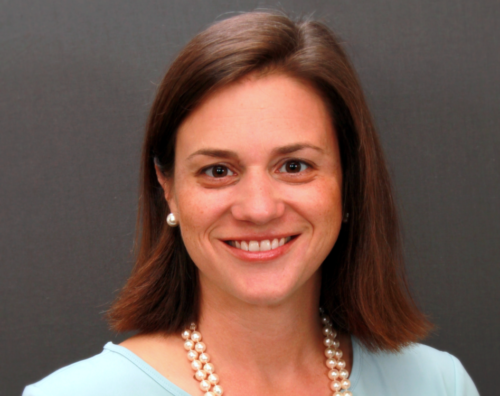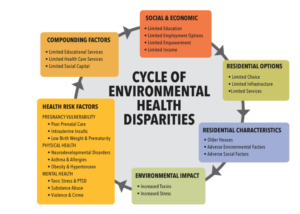A research opportunity is currently available at the One Health Office, within the National Center for Emerging and Zoonotic Infectious Diseases (NCEZID) at the Centers for Disease Control and Prevention (CDC) located in Atlanta, Georgia.
The One Health Office recognizes that the health of people is connected to the health of animals and the environment. It is a collaborative, multisectoral, and transdisciplinary approach—working at the local, regional, national, and global levels—with the goal of achieving optimal health outcomes recognizing the interconnection between people, animals, plants, and their shared environment.
The selected participant will gain experience in the field of infectious and zoonotic diseases, specifically those that involve the animal-human interface and One Health. The specific projects involve epidemiologic, programmatic, and educational projects related to the prevention and control of zoonoses (including One Health Disease Prioritization Workshops), and contributing to the development of guidance for use by human and animal health partners that can enhance surveillance, response, and prevention of zoonoses and antimicrobial resistance.
Under the guidance of a mentor, the participant will be trained in the following activities:
· Contributing to One Health activities related to animal-human interface issues, emerging and re-emerging zoonotic diseases, antimicrobial resistance, pandemic preparedness, and outbreak response
· Conducting systematic reviews and literature searches to support the development of evidence- based recommendations related to zoonoses and One Health
· Primary and secondary data abstraction, interpretation, analysis, and synthesis
· Maintaining accurate records of process-specific objectives, timelines, outcomes, and deliverables
· Contributing to the development of One Health frameworks
· Writing and editing summary of evidence documents and prevention recommendations
· Collaborating with One Health groups (both internal and external to CDC), professional human and animal health societies, local, state and city health departments, non-governmental organizations, and community-based organizations
· Contributing to the development of data collection systems for One Health activities
Qualifications
The qualified candidate should have received a doctoral degree in one of the relevant fields, or be currently pursuing the degree and will reach completion by September 30, 2019. Degree must have been received within the last five years. Candidates with extensive experience in veterinary medicine are preferred.
Preferred skills: Basic skills in oral and written communication, and experience with writing and editing of documents
· Competency in quality management system procedures and database software (Adobe Professional, PowerPoint, Excel, and Access)
· Knowledge and experience in web-based analysis tools
· Ability to search and assess scientific literature
For more information and to apply, Click HERE.








Recent Comments